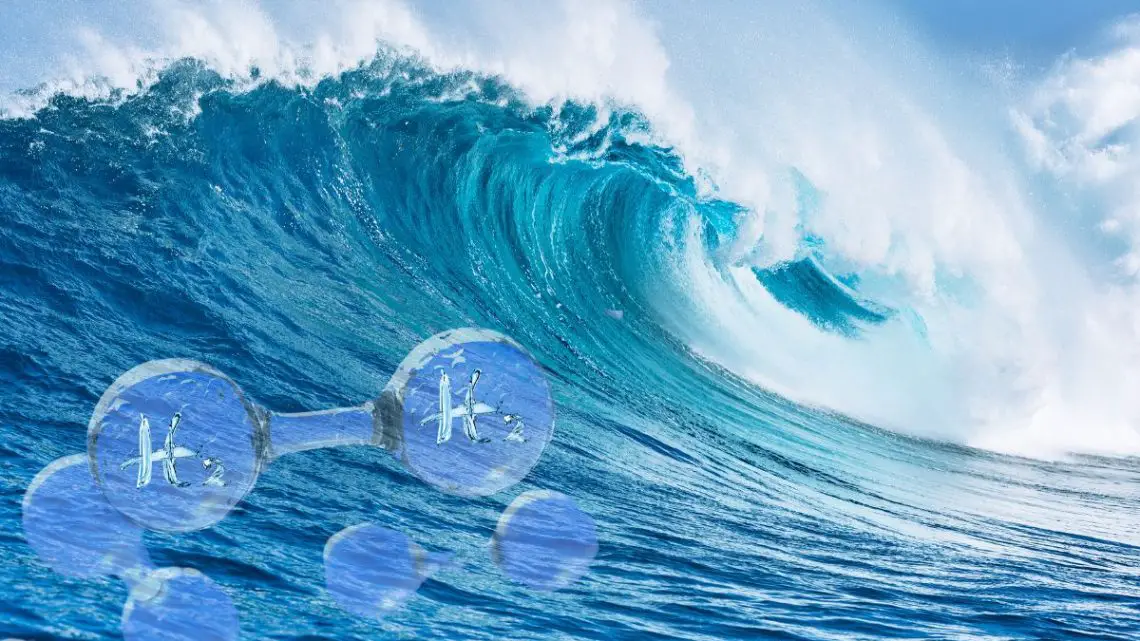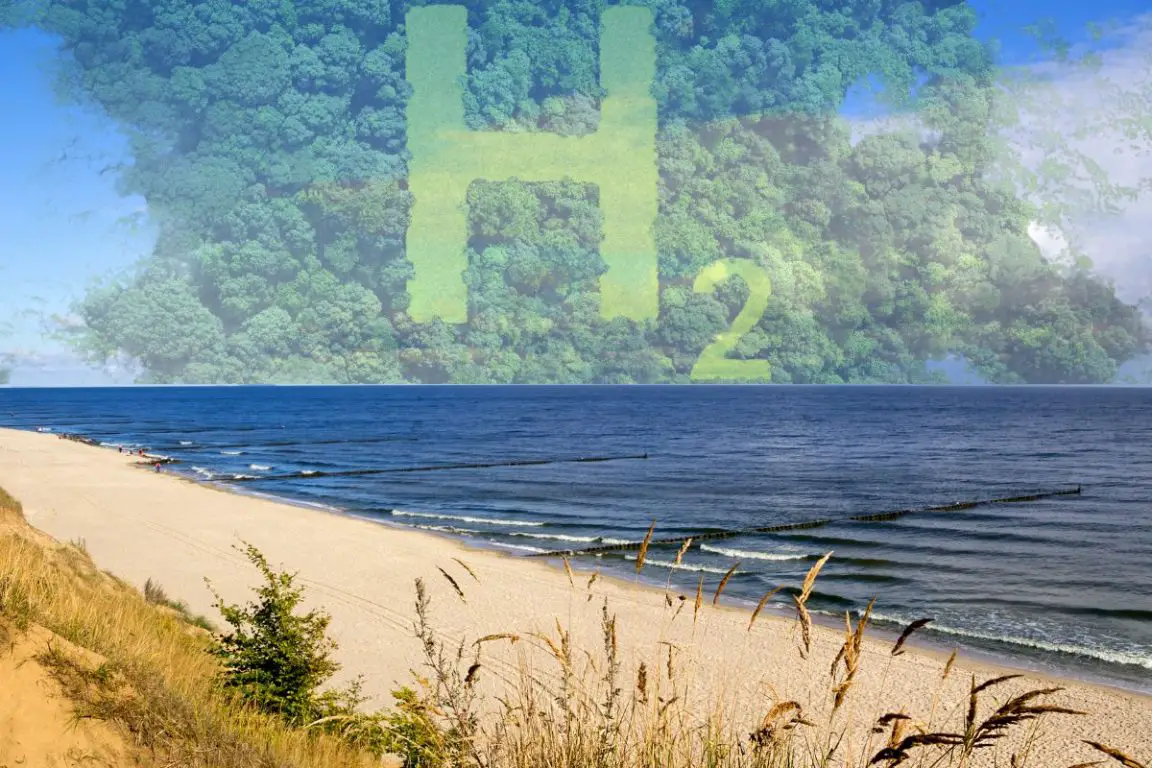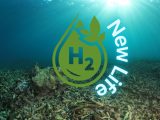
Could offshore green hydrogen production help combat anoxia?
June 11, 2024Important BOxHy project gets support from UN, marking significant milestone.
BOxHy (The Baltic Sea Oxygenation and the Super-Green Hydrogen Economy project) has received endorsement under the United Nations (UN) Decade of Ocean Science for Sustainable Development 2021-2030. This endorsement is significant as it further advances the fight to reoxygenate the oceans.
BOxHy addresses anoxia in the Baltic Sea.
Anoxia is a condition that occurs where there is total lack of oxygen, threatening ecosystem health and marine life. This is a serious and growing problem. Since the 1950s, oceans across the globe have been losing oxygen.
Costal sites with oxygen concentrations that are too low to support marine life have increased from 10 in 1960 to more than 900 in 2018. This loss of oxygen is due to human activity, most notably water pollution and global warming.
Beyond anoxia’s obvious damaging effect on ocean ecosystems and marine life, it also impacts people, because it directly affects millions of coastal water jobs and the protein supply of over 3 billion people.
The main goal of BOxHY is to tackle the problem of anoxia in the Baltic Sea using offshore green hydrogen production.
How can the offshore production of green hydrogen reoxygenate the ocean?
The goal is to inject oxygen into the Baltic Sea through offshore green hydrogen production using water electroysis. By adapting existing technologies to oxygenate the ocean (oxygen co-produced during water electrolysis), the objective is to restore aquatic vitality and investigate the potential for sector coupling with green H2 production. BOxHY intends to offer a sustainable model for both restoring the marine environment and developing the economy.

The pilot project kicked off in October of last year and the hope is to make offshore hydrogen production a reality in 2026.
A tripartite collab.

BOxHY is the result of a tripartite collaboration. It was formed by Lhyfe, Flexens, and the Department of Ecology, Environment, and Plant Sciences (DEEP) at Stockholm University. Each collaborator brings their unique experience to the project to make it the best it can be.
Flexens is a hydrogen projects development leader, Lhyfe is a world-leader in onshore and offshore green hydrogen production, and DEEP at Stockholm University specializes in marine ecology monitoring and focuses on fundamental and applied Baltic Sea research.



 With over 15 years of reporting hydrogen news, we are your premier source for the latest updates and insights in hydrogen and renewable energy.
With over 15 years of reporting hydrogen news, we are your premier source for the latest updates and insights in hydrogen and renewable energy.